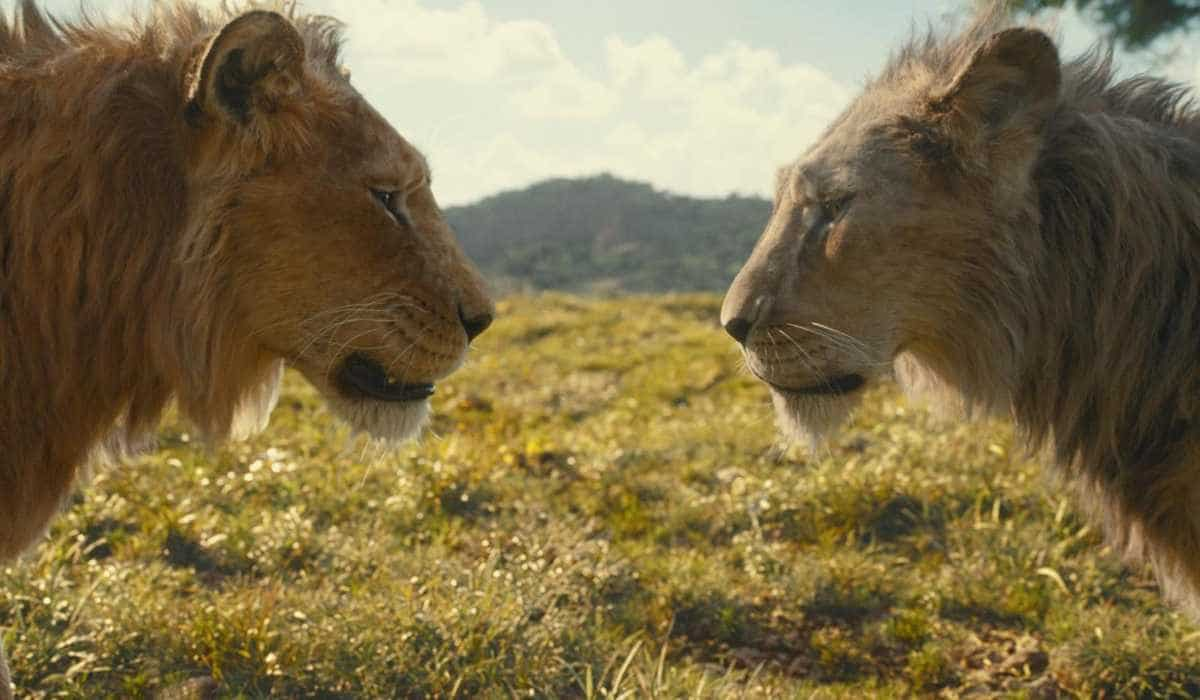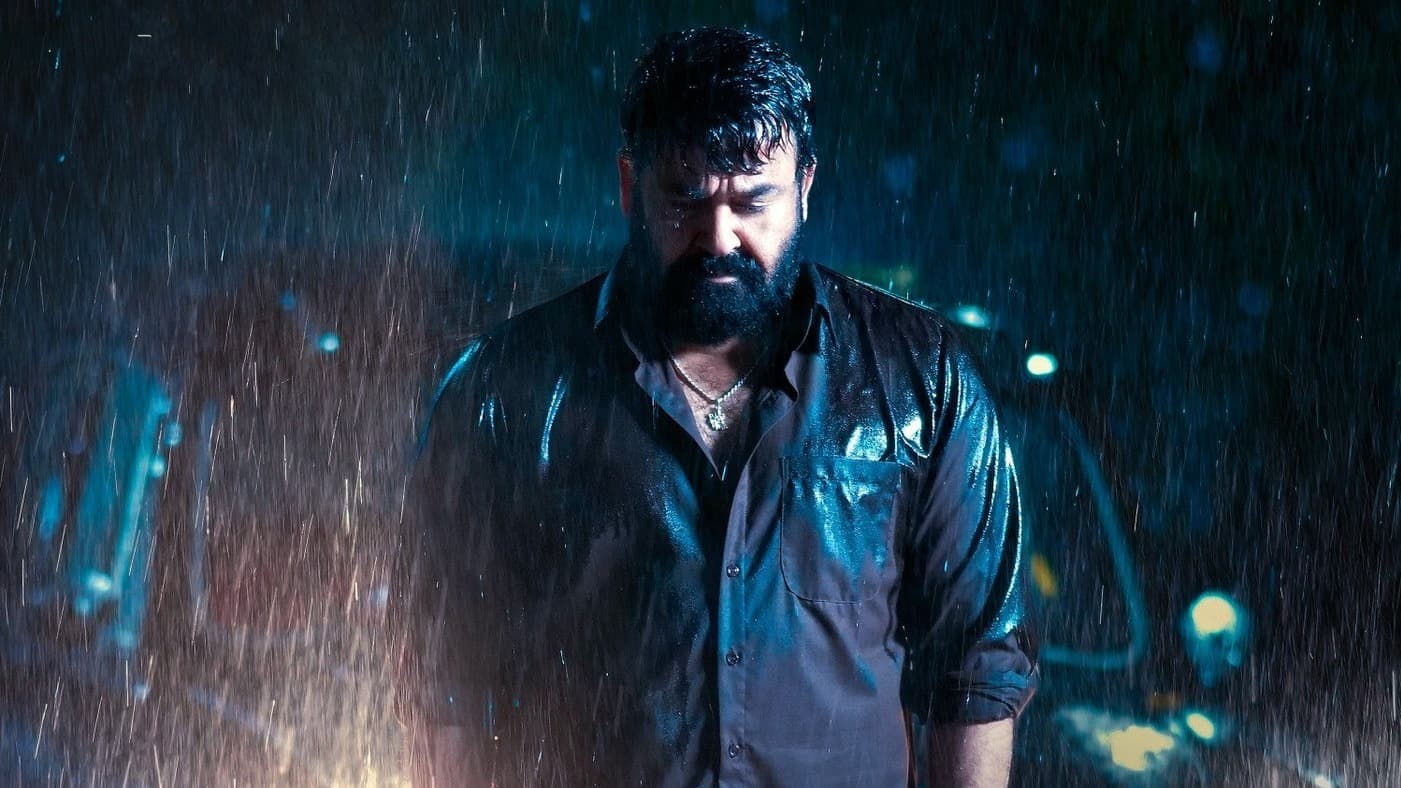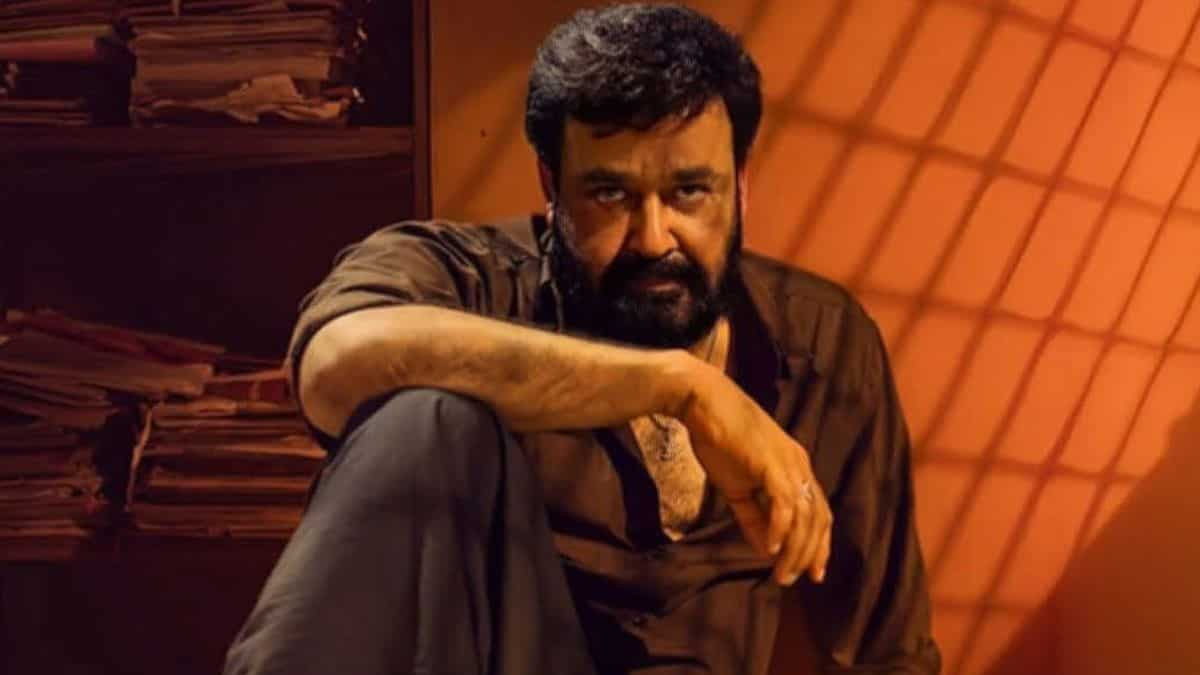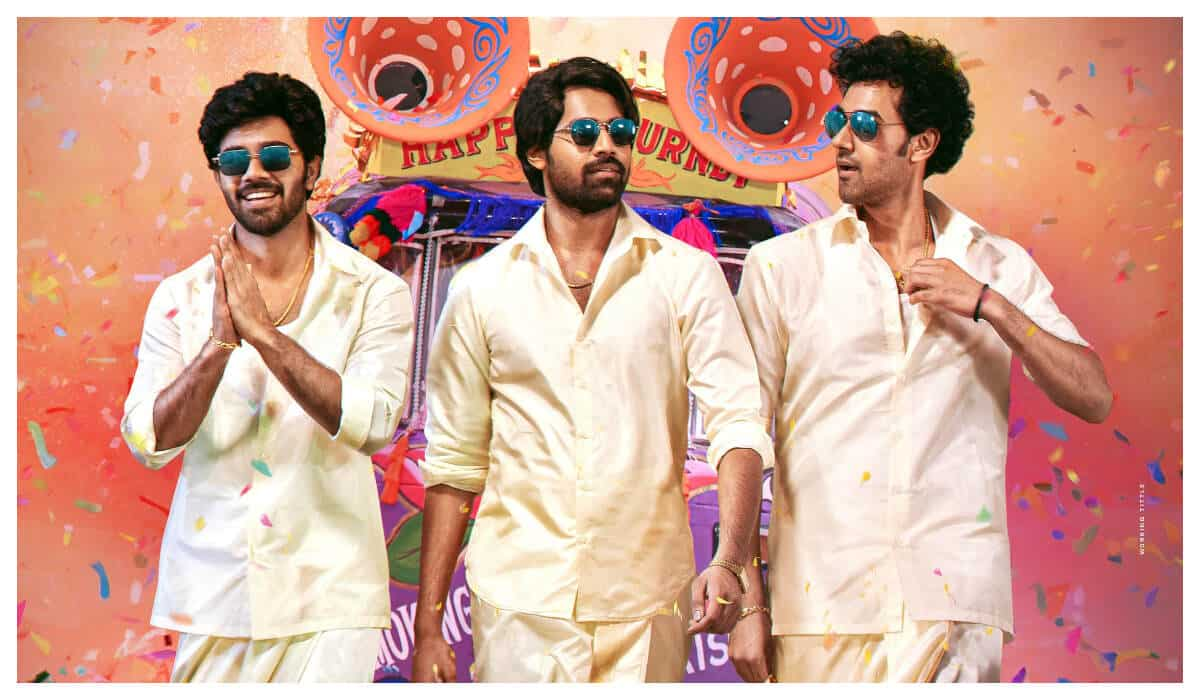
Mufasa: The Lion King Analysis - A Majestic Origin, Yet 'Scar'red by Mediocre Presentation
4 months ago | 5 Views
Mufasa: The Lion King story:
The narrative of Mufasa, the cherished ruler of the Pride Lands, is explored in Mufasa: The Lion King, where Timon and Pumbaa infuse their signature humour into the character of Rafiki while recounting Mufasa's tale to the young lion cub Kiara, the offspring of Simba and Nala. Through a series of flashbacks, we are introduced to a young orphaned cub named Mufasa, who finds himself abandoned and isolated until he meets a kind-hearted lion named Taka, the rightful heir to a royal lineage. This serendipitous meeting propels a unique group of outcasts into a dangerous journey to uncover their destinies, challenging their solidarity as they strive to evade a formidable adversary.
Mufasa: The Lion King review:
In a particular scene, Mufasa, portrayed by Aaron Pierre, conveys his lack of interest in assuming the role of king, while Simba, voiced by Donald Glover, yearns to inherit the kingship that his esteemed father has graciously offered him. This scenario exemplifies how nepotism can manifest, despite Simba's triumph over the adversities posed by his uncle Scar, previously voiced by Chiwetel Ejiofor, in the 2019 adaptation, which ultimately led to his rightful claim to the throne. However, in the recent instalment, Mufasa: The Lion King, it becomes evident that the central character may not have merited this position, as he is labelled an "outsider." This raises the question of how Mufasa ascends to the throne of the Lion King and how Taka, his adopted sibling, transforms into Scar. While I will refrain from disclosing any spoilers, it remains to be seen whether this narrative offers a distinctive experience.
Barry Jenkins succeeded Jon Favreau, who directed the 2019 film, and this time he had the chance to adapt the screenplay by Jeff Nathanson, focusing on the origin story. Although the Pride Lands are portrayed as limited, the pride exhibited by the lions in each region is unmistakable; I trust you grasp my meaning. It is indeed poignant to consider that James Earl Jones had not previously lent his voice to Mufasa. Nevertheless, the film opens with his iconic voice and a heartfelt homage to one of his most remarkable talents.
It is also plausible to interpret this narrative as Mufasa's backstory, before his ascension as the Lion King. Pierre's portrayal of the character is nuanced, reflecting the sorrow he has experienced since the separation from Taka's family. This aspect contributes to his characterization as a sacrificial lion, hesitant to assume leadership.
Furthermore, establishing a connection to Taka is essential to elucidate Mufasa's rise to power. The promotional material suggests a close bond between them, depicting them as best friends or brothers, supported by the song "I Always Wanted a Brother." However, Taka's family consistently fosters discord between them, doubting Mufasa's capability to rule and believing that a more worthy candidate could potentially take his place.
The adage "blood is thicker than water" does not always hold in the context of an underdog narrative. Whenever a story featuring a villain emerges, I am reminded of Harvey Dent's poignant remark from The Dark Knight: "You either die a hero, or you live long enough to see yourself become the villain." In this instance, the narrative of Scar centres on the desire to achieve heroism without depleting the protagonist's vitality, as society often overlooks the notion that "normal" can also signify "extraordinary."
Nevertheless, the story lacks depth, as Taka's evolution into Scar, the formidable antagonist, becomes mired in the intricacies of diplomacy, resulting in a lack of emotional engagement with either character. I found myself nearly dozing off during the viewing, as the plot unfolds in such a linear manner that it offers no unexpected twists to provoke surprise.
The narrative begins with a serene existence for the cub, who lives harmoniously with his family until a tragic event occurs—a flood that claims his father's life and carries Mufasa away to an unknown land. It is here that he encounters Taka, the indulged prince destined to become Scar. The brothers share their childhood experiences until yet another calamity befalls them. A pride of white lions, known as the Outsiders, invades their territory and kills Taka's father. While Mufasa emerges as a brave and noble leader, Taka's character deteriorates into bitterness and deceit as he escapes.
This encapsulates the essence of the story; ultimately, it illustrates how numerous childhood traumas resurface and remain inescapable.
In all honesty, the photorealistic depiction of lions presents a challenge, as they do not exhibit significant differences from one another and lack distinct facial expressions. In the 2019 adaptation of The Lion King, the interactions between lions and other species rendered their characteristics less relevant. However, the new film often showcases visually repetitive sequences where lions converse while chasing one another. Additionally, distinguishing between the lions can be quite challenging. Despite the varied colour palettes, this differentiation proved ineffective in wider shots or during scenes where the pride united for verbal and physical confrontations.
Pumba and Timon provide an excessive amount of comic relief throughout the film, with Pumba exclaiming, "This story is killing me." Could this be a reflection of the audience's sentiments? In terms of narrative coherence, the sequel, which serves as a prequel, detracts from the established storyline that many have come to revere.
Does Scar's portrayal as a villain hold any logical weight? The answer is no. Did it intensify the audience's disdain for him? Not particularly. However, that is not the central issue; the question remains—what was the intended purpose?
Mufasa: The Lion King verdict:
Although there are commendable attempts, this prequel fails to achieve greatness, resulting in Mufasa's legacy and Scar's threat feeling somewhat diminished. It tells a story of pride, yet it does not reach the heights of a true triumph.
Read Also: "Vere Level Office Review: Takes Time, But Characters Shine Through"
HOW DID YOU LIKE THIS ARTICLE? CHOOSE YOUR EMOTICON!
#


.webp)

















